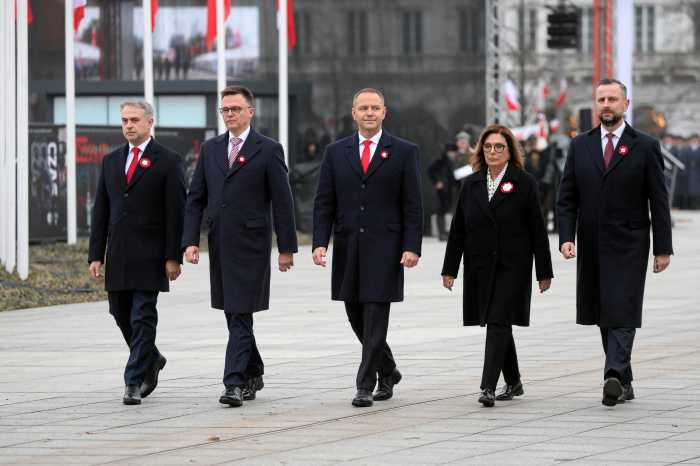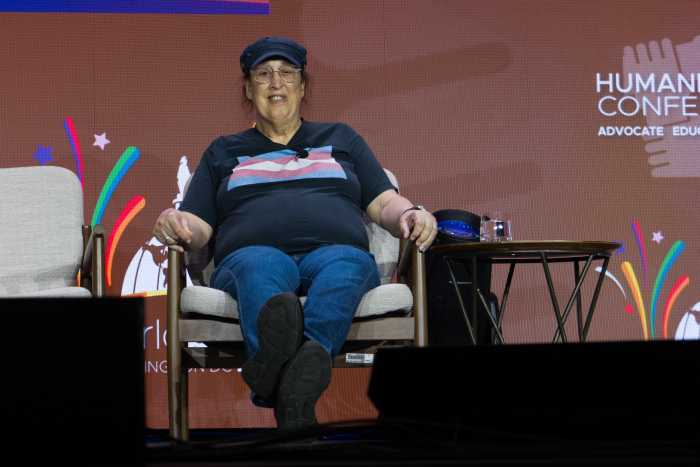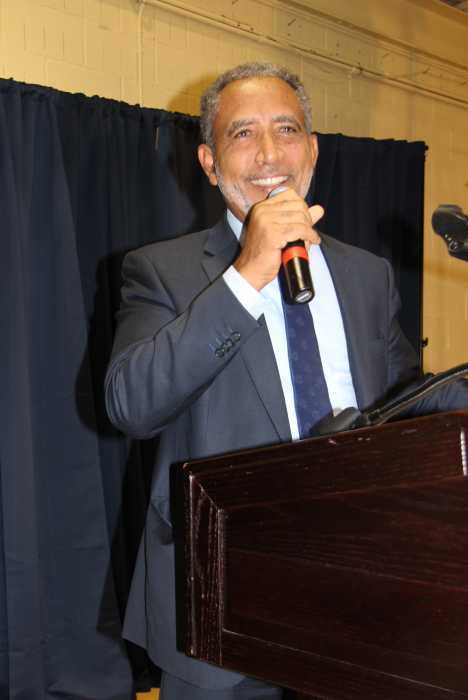The United Methodist Church is sending a message loud and clear to LGBTQ folks: You’re not welcome.
Following a three-day meeting in St. Louis, church leaders determined that they will continue to ban LGBTQ people from joining the clergy or getting married, a development expected to deepen divisions in a Protestant denomination that has, like other branches of Christianity, been grappling with these issues for years.
More than 800 church officials from around the globe voted 438-384 to move forward with the “traditional plan,” which represents a conservative approach toward the denomination’s stance on LGBTQ issues. The more progressive alternative, known as the “One Church” plan, would have allowed local congregations, conferences, and clergy to independently decide whether to carry out same-sex marriages or welcome LGBTQ ministers.
The denomination’s strengthening of its existing homophobic policies is also threatening stricter punishment for those who break the rules, according to The New York Times. Clergy who opt to conduct same-sex marriages can be suspended for a year without pay. If they’re caught a second time, they could be pulled from the clergy altogether.
Reverend Stephen Bauman, a senior minister of the LGBTQ-friendly Christ Church United Methodist in Manhattan, said he was not surprised by the result of the vote, but was still disappointed.
“It’s a distressing development for churches that are willing to perform gay marriages and welcome pastors in the ministry who are out and who are very talented,” Bauman told Gay City News during a February 27 interview.
Questions have been raised about the viability of the church’s embrace of the traditional plan. Bauman, who has defied the wider denomination by performing same-sex marriages, noted in a letter to members of his congregation that the Methodist Judicial Council deemed the plan approved this week largely unconstitutional and will now take several months to review it.
The denomination declares in its official policy that “the practice of homosexuality is incompatible with Christian teaching,” although a portion of Methodist congregants stand firmly opposed to that belief and made it clear in the way they voted this week. It was Methodists from outside the United States, however, who tipped the scales in the direction of the conservative plan — and the minority of Americans who voted along with them helped solidify the final result.
“I actually think in the United States, the statistics would indicate that there has been a shift toward greater acceptance overall,” said Bauman, pointing to the two-thirds of American Methodists who voted for the “One Church” plan. “There is a very strong opposition still, probably about one-third of the [American] church, but I certainly think there has been an overall shift in the United States.”
LGBTQ people who attend Bauman’s congregation are being reassured not to worry about forthcoming changes that could negatively affect them. Regardless of the vote, Christ Church, which has an entire page dedicated to queer resources and employs a program associate who oversees its LGBTQ ministry, will continue to support people regardless of their sexual orientation.
“Theoretically, I was breaking the church rule,” Bauman said of his performing marriages of same-sex couples. “Someone, I suppose, could have brought me up on charges but no one did. I wrote about it in an act of solidarity, trying to move the church forward. I’m not the only one in our conference who has done this.
Bauman believes the issue will drag on until at least the next general conference, which is slated for May 2020.

































